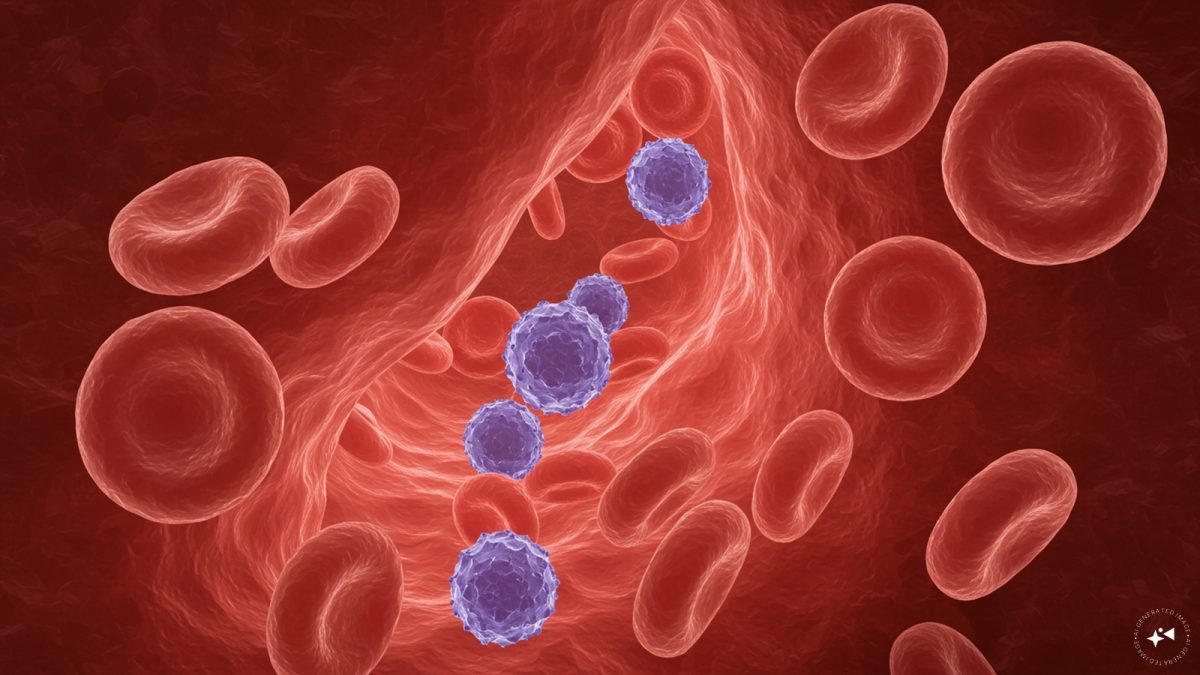In a case that has stunned medical researchers across the globe, a 38-year-old woman from Kolar district in Karnataka, was found to possess a previously unknown blood group antigen, now officially named CRIB. The discovery was made when the woman was admitted for a cardiac surgery and her blood, typed as O Rh positive—the most common blood group—was found to be incompatible with all available O-positive blood units.
This triggered a referral to the Advanced Immunohaematology Reference laboratory at Rotary Bangalore TTK Blood Centre, where advanced testing revealed a startling result. According to a report in The New Indian Express, Dr Ankit Mathur, a transfusion medicine expert at the centre, said, “her blood showed panreactivity, meaning it was incompatible with every test panel.”
A family-wide search yields no match
As a precautionary step, blood samples from 20 of her family members were collected in search of a compatible donor. Shockingly, none matched. This further affirmed the suspicion that the woman’s blood type was exceptionally rare. Given the risks, the surgical team, with support from the patient’s family and doctors, decided to proceed without transfusion—an unusual and carefully managed choice under such conditions.
A global first
Blood samples from the patient and her relatives were then sent to the International Blood Group Reference Laboratory (IBGRL) in Bristol, UK, for detailed genetic and serological analysis. After nearly ten months of molecular investigations, researchers identified a previously unrecorded blood group antigen.
This newly discovered antigen belongs to the Cromer (CR) blood group system and was officially named CRIB—with ‘CR’ denoting Cromer and ‘IB’ for India, Bangalore, The New Indian Express report said. The announcement was made at the 35th Regional Congress of the International Society of Blood Transfusion (ISBT) held in Milan in June 2025. The woman from Kolar is now the first person in the world to be identified with the CRIB antigen.
What makes CRIB so unique?
While the standard blood group classification focuses on ABO and Rh systems, there are over 30 other recognised blood group systems like Kell, Duffy and Cromer. Antigens in these systems can have significant implications for transfusion compatibility. The CRIB antigen adds a new dimension to the Cromer group, which is known for its complex glycoprotein structures.
In this woman’s case, her red blood cells reacted negatively to all known antibodies, indicating the presence of an antigenic profile never previously seen.
Global discoveries in rare blood types
The CRIB case shares parallels with another recent discovery made in Europe—Gwada Negative, a newly identified blood group falling under the EMM-negative system. According to a News18 report in June last year, this antigen was entirely absent in a woman from Guadeloupe residing in Paris. Like the CRIB antigen, the EMM antigen is present in nearly all human red blood cells, making her condition medically exceptional.
Unlike the Indian case, the French woman’s blood sample had been stored since 2011, only to be accurately classified after 2019, when Next Generation Sequencing (NGS) enabled deeper analysis. Scientists discovered that she lacked the EMM antigen due to a rare mutation inherited from both parents, making her compatible only with her own blood—a transfusion challenge of the highest order.
Implications for global blood transfusion science
Discoveries such as CRIB and Gwada Negative highlight the ever-evolving complexity of human genetics and transfusion medicine. They also highlight the urgent need for global collaboration in rare blood type identification and registry management. Each such discovery improves the ability of doctors and scientists to provide tailored, life-saving transfusion care for patients worldwide.
For the woman from Karnataka, it turned a routine surgery into a globally significant moment. For the medical world, it has added an invaluable piece to the complex puzzle of human blood, offering hope and direction for future research and clinical care.


)

)
)
)
)
)
)
)
)



